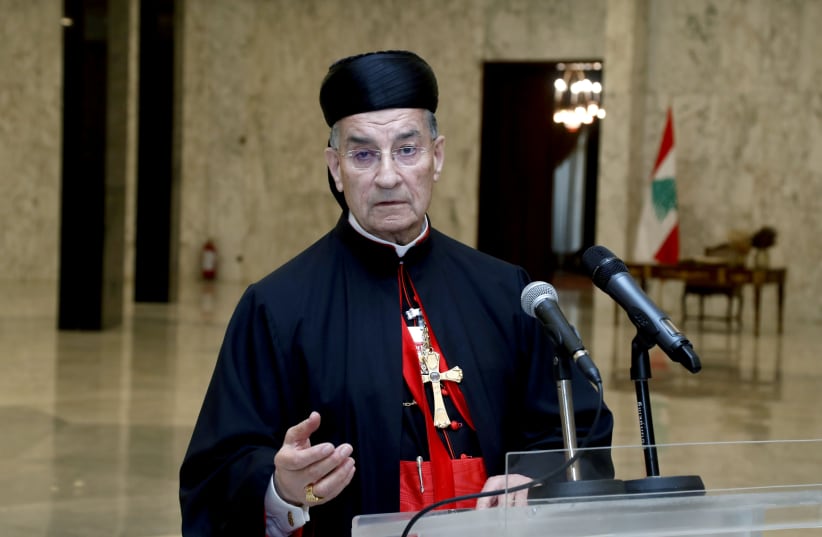Lebanon is battling an economic meltdown that poses the worst threat to its stability since the 1975-1990 civil war.
Saudi Arabia, which had long channeled funds into Lebanon's fragile economy alongside other Gulf monarchs, has so far been reluctant to step in during the current crisis, keeping its distance as Hezbollah advances politically.
"Saudi Arabia has not violated Lebanon's sovereignty or its independence, it has not violated its borders or involved it in wars," Maronite Patriarch Bechara Boutros al-Rai said in a speech at an event celebrating 100 years of Saudi relations with the church.
Rai, a harsh critic of the heavily armed Hezbollah, has called for Lebanon to remain neutral, referring to Hezbollah's deployment of fighters to Syria and its alliance with Iran in a power struggle with Saudi Arabia.
The centennial, which was attended by Saudi Arabia's ambassador to Lebanon Waleed al Bukhari, is taking place on the same day as the US and French envoys to Lebanon jointly visit Riyadh to discuss support for the troubled country.
Without responding directly to the patriarch's plea for better ties, Bukhari expressed the hope that Lebanon's squabbling politicians can focus on the national interest "to face the challenges the country is facing," referring to attempts by some factions to upset Lebanon's strong links to the Arab world.
The patriarch traditionally wields influence in Lebanon as head of the Maronite church, a group from which the president must be drawn under a sectarian power-sharing system.
